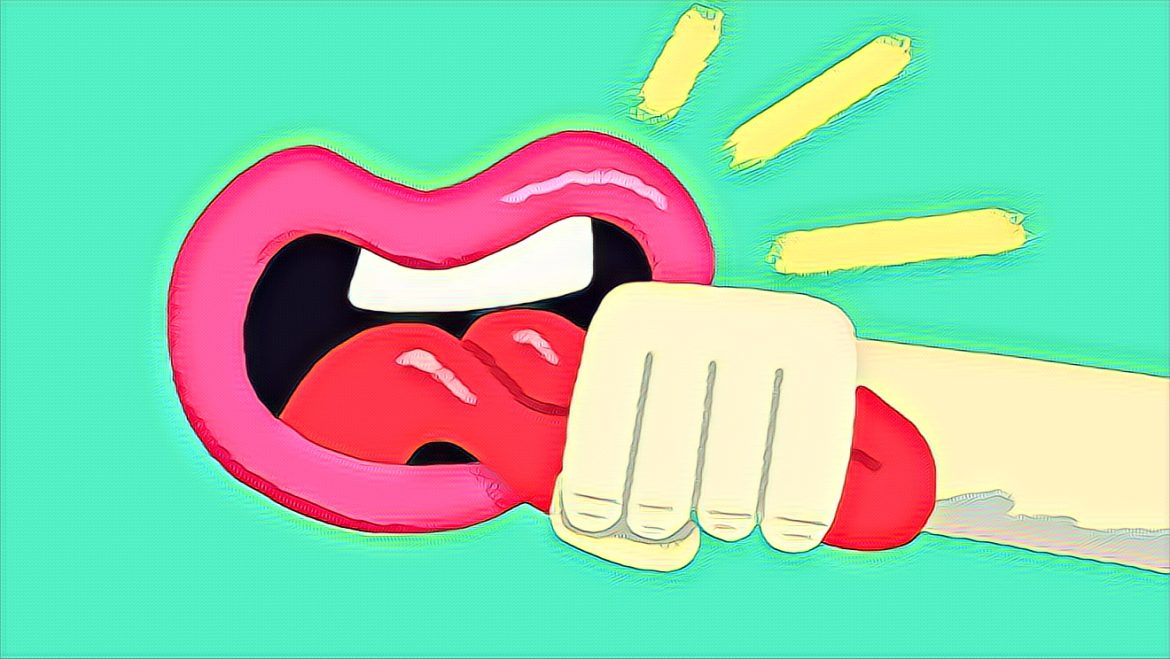The National Broadcasting Commission (NBC) of Nigeria is pushing for legislative control over social media, sparking a significant debate. This latest move comes amidst previous attempts by the Nigerian government to regulate online platforms, reflecting a global trend of grappling with the influence of social media in modern governance and public discourse.
In 2015, the National Assembly began a campaign against social media abuse, proposing legislation to regulate it. The situation intensified in June 2021 when the government banned Twitter after the platform removed a post by former President Muhammadu Buhari. In June 2022, the National Information Technology Development Agency (NITDA) issued a draft Code of Practice for internet intermediaries. Yet, these efforts have so far not resulted in concrete regulation.
Recently, during his Senate screening for a ministerial position, Mr. Dele Alake, former Special Adviser to President Bola Tinubu, called for stronger laws to regulate social media. Alake emphasized the negative impact of social media on society, noting the reluctance to use existing laws against online offenders. Despite not being assigned to the Ministry of Information, the NBC continues to advocate for social media regulation.
The NBC recently revealed that it had sent a bill to the National Assembly aimed at regulating social media. According to Balarabe Ilelah, the Director-General of the NBC, this bill aims to amend the NBC Act to address issues arising from the transition to digital broadcasting and social media regulation. Ilelah expressed concern over the lack of current laws allowing the NBC to regulate social media, describing it as a societal challenge.
According to a report by The Guardian, the proposal has been met with mixed reactions. While some support the move for orderly conduct online, many legal experts, human rights activists, and media personalities have criticized it. Critics argue that such regulation could infringe on freedom of expression and privacy rights.
Organizations like the Socio-Economic Rights and Accountability Project (SERAP) have openly condemned the bill. They urged parliamentary leaders to reject it, arguing that it would unjustly restrict human rights. SERAP’s stance is that social media is not inherently problematic and that regulation could lead to disproportionate harm.
Prominent legal figures have also voiced their opposition. Prof. Adebowale Hassan of KolaDaisi University and Senior Advocate of Nigeria Chief Yomi Alliyu have both critiqued the bill as an overreach that threatens constitutional freedoms. Dr. Stephen Lafenwa, a political science lecturer, suggested the NBC should focus on prosecuting offenders rather than blanket regulation.
Others like Omololu Ejidiran, a paralegal activist, acknowledge the need for some form of regulation but warn against using it as a tool for undue restriction. Experts like Dr. Bayo Busari and Mr. Justice Atose question the practicality of regulating a global platform.
The debate extends to academia, where scholars like Prof. Olu Ojedokun and Dr. Aderonke Adegbite suggest finding a balance between regulation and censorship, and amending existing laws rather than creating new ones.
In summary, Nigeria’s attempt to regulate social media reflects a complex global challenge. The debate centers on how to balance the need for responsible online discourse with the imperative to protect freedom of speech and prevent government overreach.


